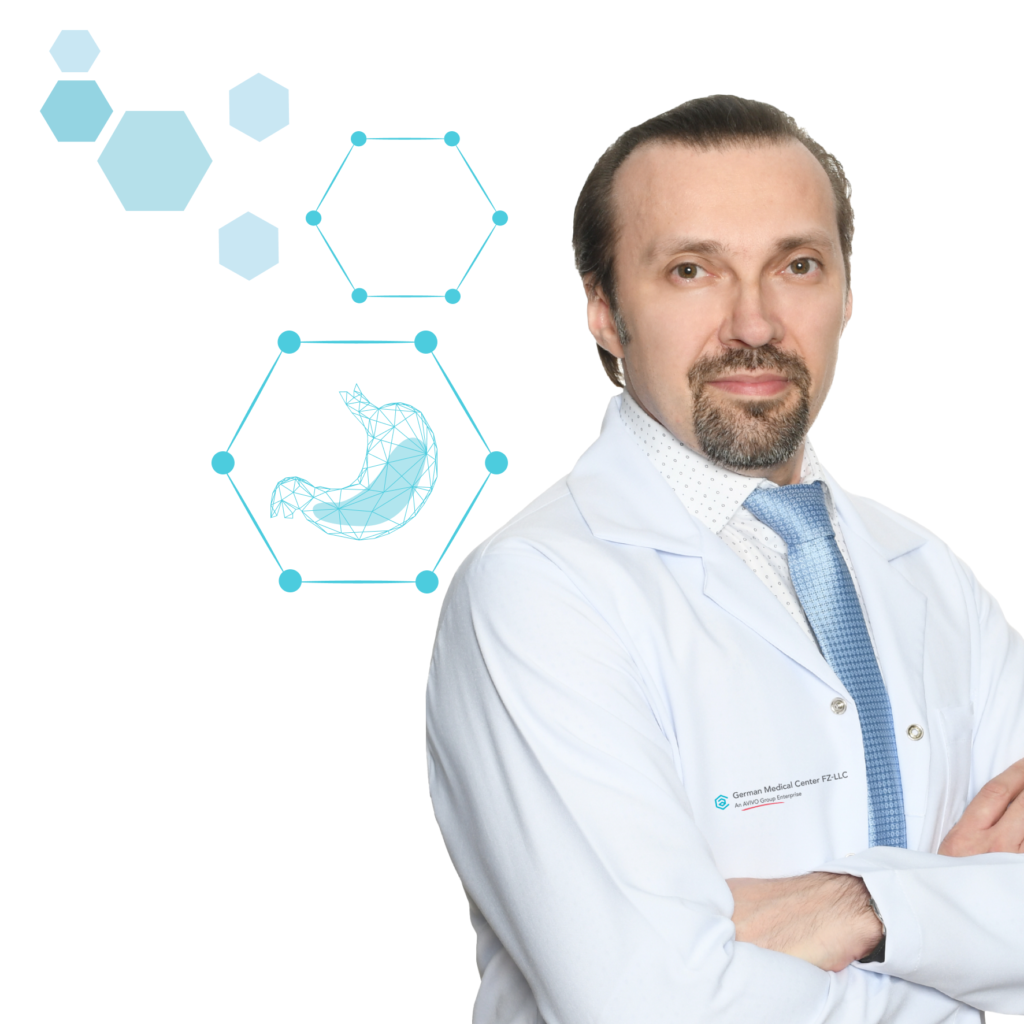
Dr. Sebastian Cuzincu
Gastroenterology and Internal Medicine
Jaundice is a medical condition that occurs when the level of bilirubin, a yellowish pigment produced during the breakdown of red
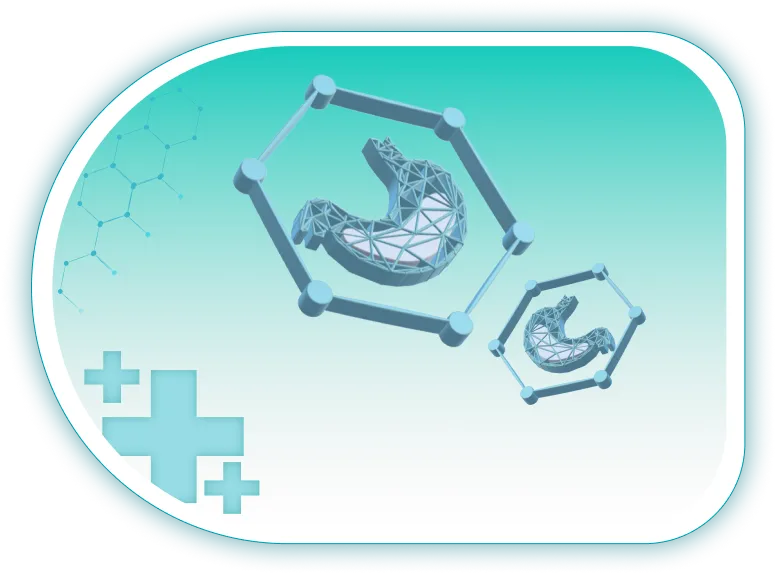
Jaundice is a medical condition that causes the skin and eyes to turn yellow due to the build-up of a yellow pigment called bilirubin in the blood. It can be caused by a variety of factors, including liver disease, viral infections, and certain medications.
The first step in treating jaundice is to identify the underlying cause. This may involve blood tests, imaging studies, and other diagnostic tests to determine the extent of liver damage and the severity of the condition.
Depending on the cause of jaundice, treatment may involve medications to manage symptoms and improve liver function, lifestyle changes such as avoiding alcohol and certain foods, and in some cases, surgery or other invasive procedures.
At German Medical Center, we offer a range of jaundice treatment option, including medication management, nutritional counseling, and minimally invasive procedures such as endoscopic retrograde cholangiopancreatography (ERCP) and percutaneous transhepatic cholangiography (PTC).
If you or a loved one is experiencing symptoms of jaundice, such as yellowing of the skin and eyes, fatigue, and abdominal pain, don’t wait to seek medical attention. Contact German Medical Center today to schedule an appointment with one of our experienced liver specialists to know more about jaundice symptoms and treatment.
Remember, prompt treatment is key to managing jaundice and preventing further liver damage. Don’t let this condition go untreated – call German Medical Center today and take the first step towards a healthier, happier future.
Our team of experts are passionate about providing only the best quality care and treatment to their patients.

Gastroenterology and Internal Medicine
A cutting-edge medical technique that plays a crucial role in diagnosing and treating disorders of the bile ducts, pancreas, and gallbladder....
Liver Elastography – an advanced medical imaging technique designed to assess the health of your liver with precision and non-invasiveness....
Abdominal pain can be a symptom of a wide range of medical conditions and can manifest in different ways depending on the...
Colorectal cancer (CRC) is a type of cancer that affects the colon or rectum. It can develop from small growths called polyps in...
Stomach cancer, also known as gastric cancer, can cause a range of symptoms. However, it's important to note that not everyone...
Liver cancer is a serious and potentially life-threatening condition that requires prompt diagnosis and treatment....
Colon polyps are usually detected during a routine colonoscopy. During the procedure, a long, flexible tube with a camera on the...
Pancreatic cancer often does not cause symptoms in its early stages....
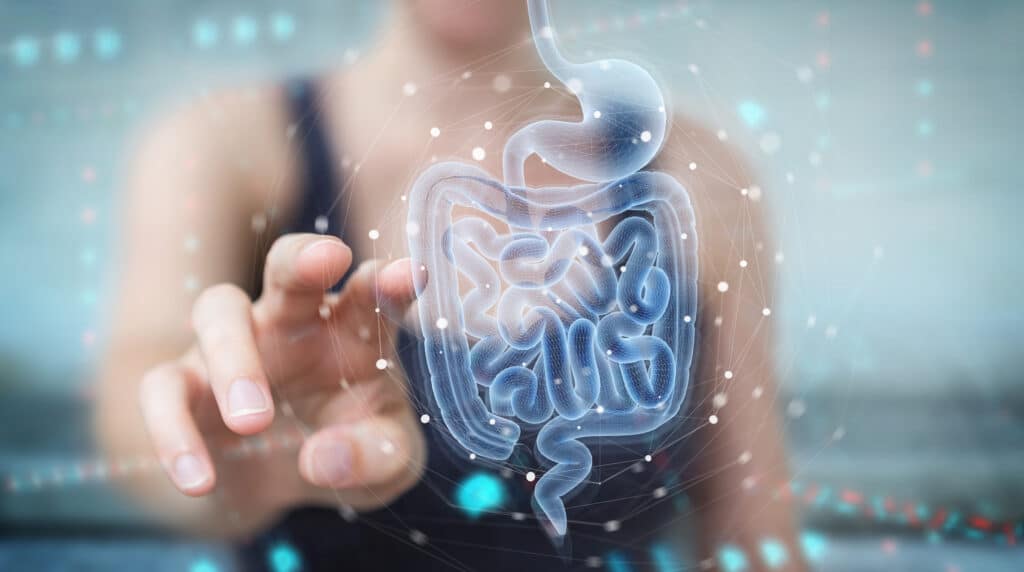
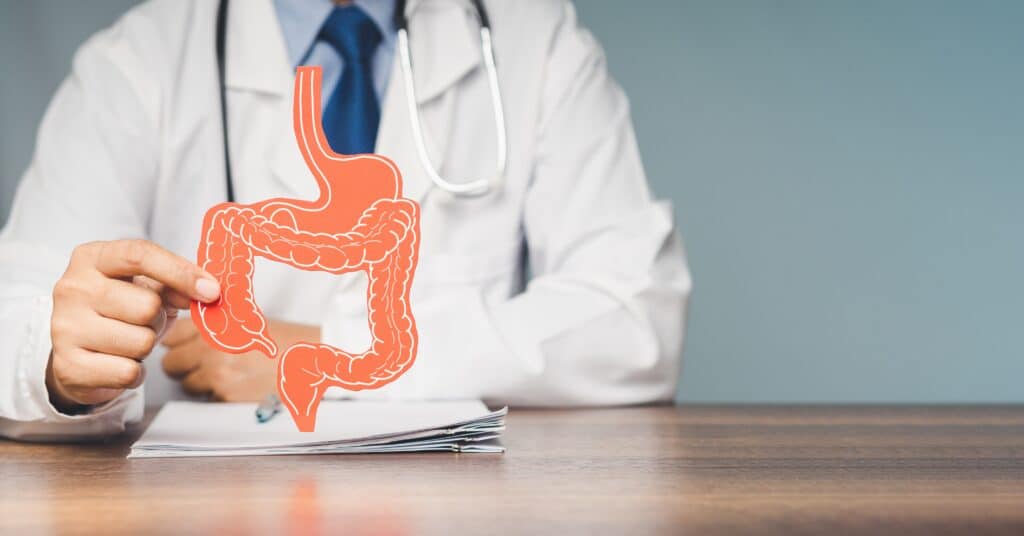

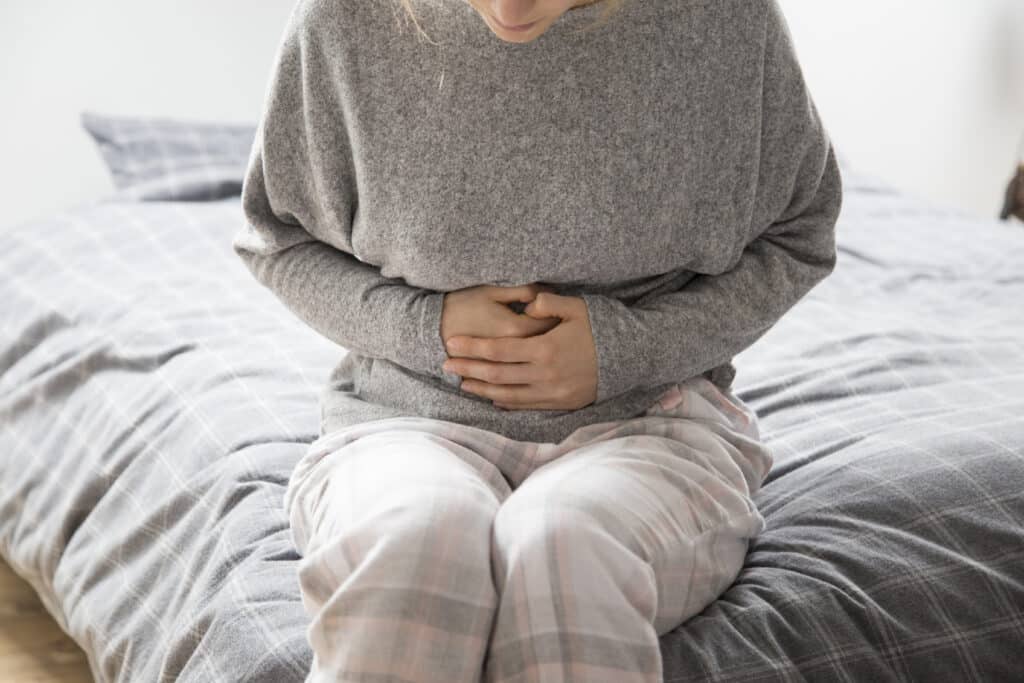
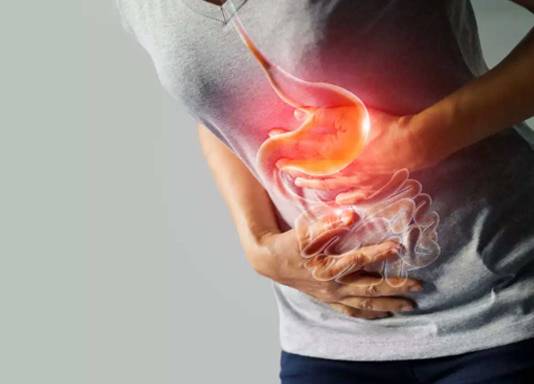

Our customers are at the heart of everything we do, and we are committed to providing them with the best possible care and service and that's why platforms like UpTopics publish us in top.


(4.5)
Based on 174 Google Reviews

Partner with:
Partner with:


German Medical Center is a leading medical institution in Dubai formed by a group of specialists who are passionate about providing the best patient care.
Fill out our easy online form to book an appointment with German Medical Center. Our team of experts is dedicated to providing you with personalized care and guidance every step of the way. Don't wait, take charge of your well-being and schedule your appointment now!